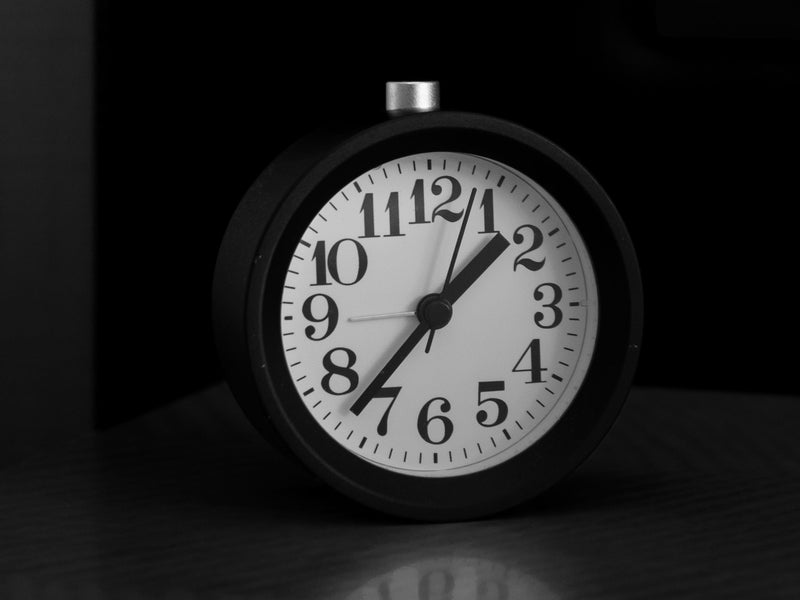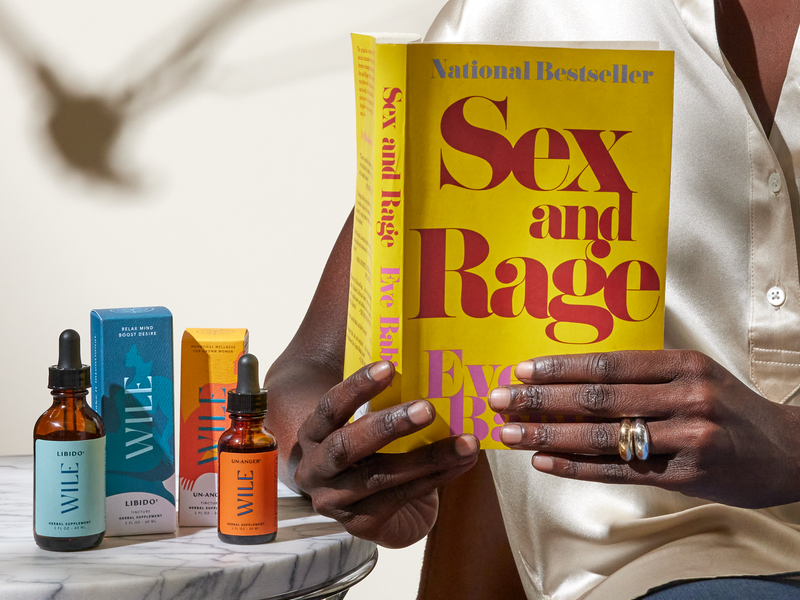Google “how to increase libido” and it’s clear the culture agrees: It’s primarily a woman thing.
That is, a woman’s problem, a sexual dysfunction. Another thing to fix.
Then check many over-40 health and wellness feeds. There’s a cacophony of vaginal dryness mongering and mind-blowing orgasm FOMO.
Yes, Virginia, vaginal moisturizers are the new eye cream.
It can feel like everyone is having better sex than we are.
To be fair, get a few women our age together and maintenance sex is more likely to come up than freak in the sheets. At least in long-term relationships.
Grab my boobs before I get these emails and this Powerpoint done? Forget it, buddy.
The struggles are real. But increasing libido in women is not something we should be worrying about just for our partners or to keep up with the Samantha Joneses.
We deserve joyous, fun and fulfilling sex lives for our own sakes. It’s good for mental health, physical health and the simple joy of being a human being.
Here are the real contributors to a low sex drive in women, especially but not exclusively women over 40.
The Orgasm Gap
Let’s start here.
In heterosexual relationships, men orgasm 45% more than women, about 95% of all sexual encounters. And of course, “sex” is usually defined as penis-to-vaginal penetration (P to V as it’s beginning to be called).
Since women often need more time to orgasm than the average sexy session clocks, Maybe there’s low sex drive in women because our partner's skill, attentiveness or enthusiasm aren’t giving us the pleasure one more episode may.
Idea: Center your own pleasure. We’re taught to worry about our partner—especially male partners—pleasure and ego so this can be a bit intimidating and that’s ok. Keep going. F oria’s sex therapist has some great tips to get you started.
Thinking thinking thinking
Emily Nagoski’s amazing book Come as You Are put the notion of the “brakes” into women’s sexual awareness. And with our packed lives and condition, we have a lot of potential brakes. Distraction, stress load, relational issues.There’s a low sex drive in women because we have too much on our minds and in our lives.
Idea: Wile Libido tincture helps calm the mind first, bringing down the mental chatter. Studies show the mind really is the gateway to arousal for women.
Objectified & Objectifying
Some call it spectatorship. We’ve been trained from a young age to constantly evaluate ourselves from the outside, as much or even more than from within. How our bodies and faces look. How we sound, respond, perform can all put brakes on before we get started.When the message is that we’re unsexy after a certain age, low sex drive in women makes sense. As porn has overtaken the sexual imagination, increased and more complex worries
Are we thinking about the sex we want? Or the sex we are giving?
Idea: Our Libido tincture helps with that chatter again, and also turns up the body’s responses. Get back into your body, feel it more, increase sensation and response. Even the inner critic may get into it.
We’re Tired
A recent study showed a majority of the women over 50 who had no sex in the past month were fine with it, due to many other priorities and responsibilities. The scientific paper’s title? “We’re Tired.”Add sleep issues common to women over 40 and yes, we really are tired.
Then there’s that hetero relationship gap again. Women do 1 more hour per a day of household duties. We may pretend to be sleeping because frankly, we wish we were sleeping.
Idea: Wile Libido tincture not only quiets that monkey mind. It also turns up the body’s responses. Get back into your body, feel it more, increase sensation and response. Even the inner critic may get into it.
Health & Medications
Our health. Our partner’s health. As bodies change, health concerns can make sex as we’ve had it harder to perform or enjoy. Low sex drive in women Antidepressants and other medications that affect sex drive.More than 20% of women over 40 are on an antidepressant and decreased libido is a known side effect.
Idea: See if there are ways to play that are lower pressure, different times of day or just new. We don’t need to look, live or love like we did at 30, just as we won’t at 75.
The Pleasure Rut
Work. House. Sleep. Repeat. As infamous sex and relationship expert Esther Perel says, “Eroticism is not sex per se, but the qualities of vitality, curiosity, and spontaneity that make us feel alive.” The erotic landscape is vastly larger, richer, and more intricate than the physiology of sex or any repertoire of sexual techniques.”
Idea: Center your own pleasure. Take more moments to relish small sensory and emotional joy in everyday ways.
Hormones
What about hormonal balance? As estrogen lowers premenopause, throughout perimenopause and thereafter lower sex drive in women?
Answer: yes. But not always. And not always dramatically.
When estrogen is higher in a typical cycle, sexual desire and dreams often surge. So it follows that lower levels could have an effect. The good news: 50% of women do not have long-term vaginal changes.
The mood swings, irritability, sleep interruptions of perimenopause could have more of a secondary effect on our state of mind, energy and lower “care taking” that could dampen desire.
Idea: Try Wile Libido tincture.
- Soothing herbs and nervines known to quell stress and mental chatter
- 5 natural aphrodisiacs many with other benefits like mood-boosting and internal juiciness
- Phytoestrogens for hormonal support
It’s designed to be the best sex partner a 40-plus woman could have, used alone or with others.
Bonus: Pair with Wile Perimenopause Support for even more adrenal, endocrine and nervous system support.
Are you looking to increase your libido? Why? And what feels great to you? Now is the time to take your sexual wellness to the next level as your life and body are ready for change.
PHOTO CREDIT: Niklas Hamman, Unspash
This article is intended for informational purposes and is not intended to replace a one-on-one medical consultation with a professional. Wile, Inc researches and shares information and advice from our own research and advisors. We encourage every woman to research, ask questions and speak to a trusted health care professional to make her own best decisions.




